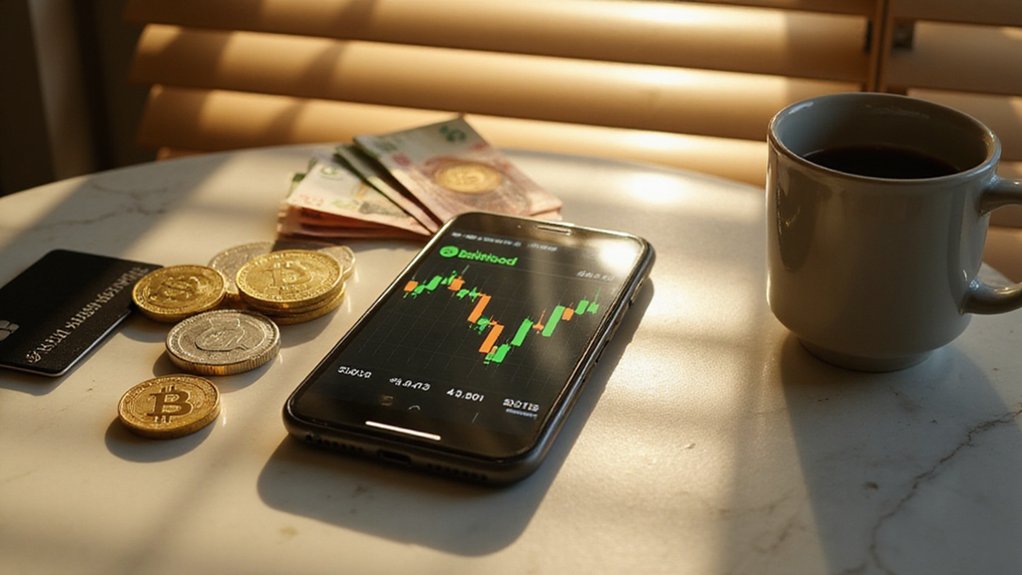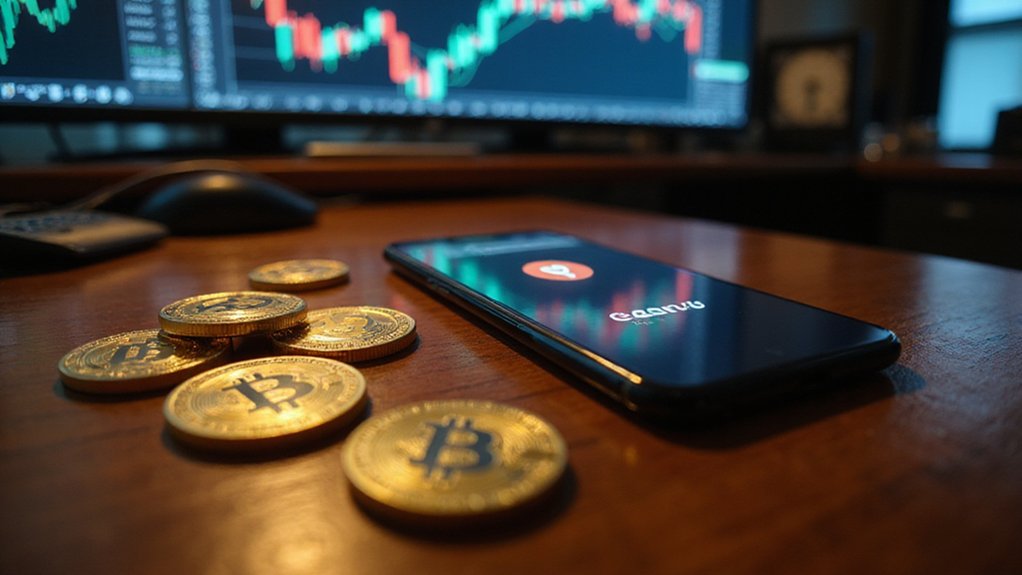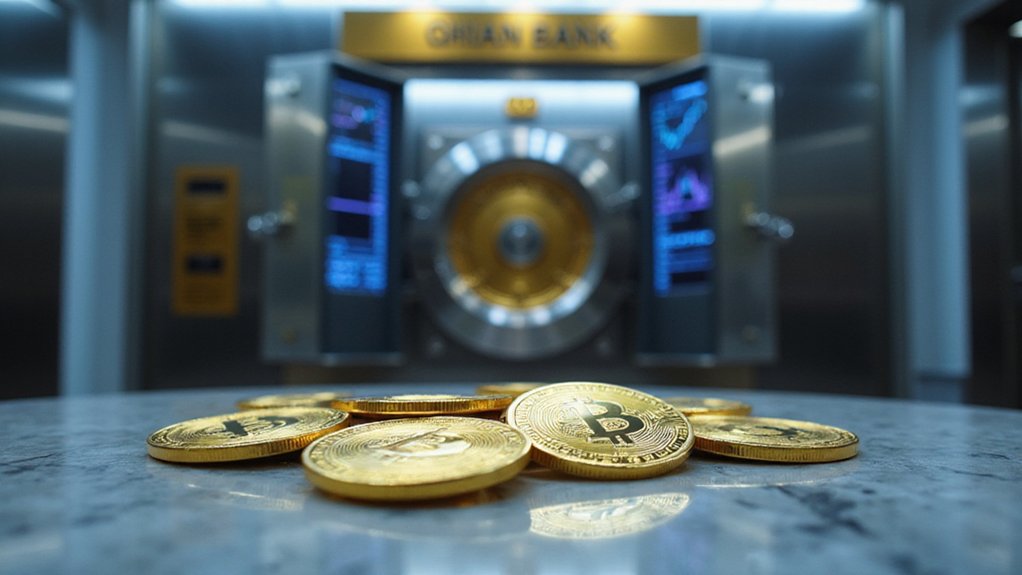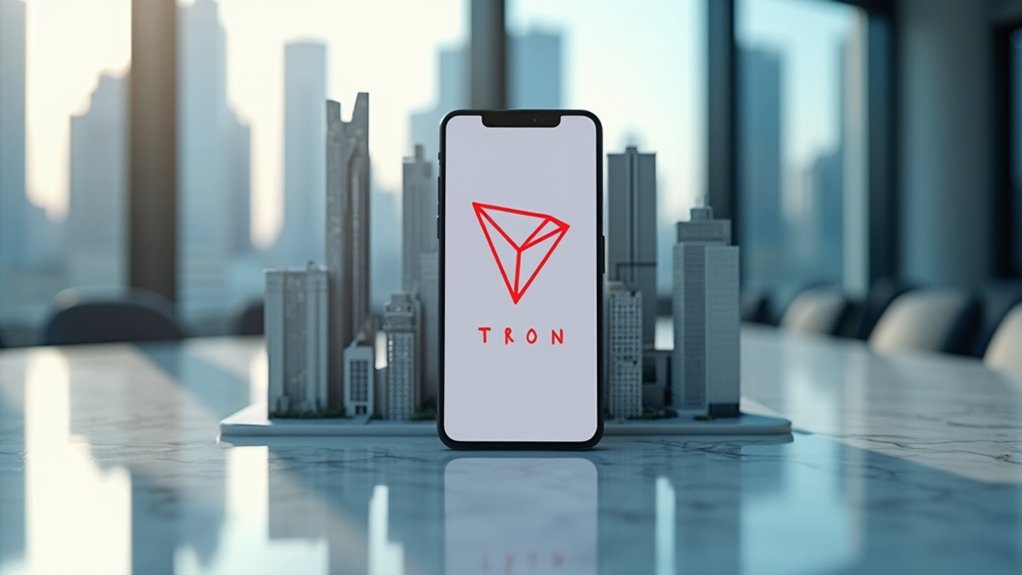In a move that would have seemed fantastical to regulators just five years ago, Robinhood has orchestrated what amounts to a wholesale reimagining of how Europeans access American equity markets—by tokenizing them entirely. The platform now delivers over 200 US stock and ETF tokens to more than 400 million customers across 30 EU and EEA countries, complete with dividend payments flowing directly through their crypto app—because apparently receiving Apple dividends via blockchain is precisely what the future demanded.
This ambitious expansion hinges on Robinhood’s acquisition of Bitstamp, Europe’s oldest crypto exchange, which conveniently bundled over 50 licenses under the EU’s MiCA regulatory framework. Rather than endure the typical regulatory gauntlet that has left countless fintech companies bleeding capital for years, Robinhood simply purchased compliance—a strategy so elegantly straightforward it borders on the obvious.
Robinhood bypassed years of regulatory red tape by simply buying compliance—a strategy so obvious it’s almost embarrassing nobody thought of it sooner.
The acquisition enables both retail and institutional-grade services across 31 EU countries while positioning the company as what executives describe as a “bridge between legacy finance and decentralized finance.”
The technical architecture involves hosting tokenized shares initially on Arbitrum’s Layer 2 Ethereum network before relocating to Robinhood’s proprietary Layer 2 chain. This shift reflects broader industry recognition that blockchain infrastructure requires substantial customization to handle traditional finance’s scale and regulatory demands—a reality that early crypto evangelists perhaps underestimated. The platform’s emphasis on capital efficiency ensures that even small-scale investors can participate in sophisticated trading strategies previously reserved for institutional players.
Beyond tokenized equities, Robinhood has expanded into crypto staking services for Ethereum and Solana, allowing users to earn network rewards while holding positions. The platform simultaneously introduced XRP and Solana micro futures contracts, democratizing derivative access by lowering financial barriers—though whether retail investors truly benefit from easier access to leveraged crypto products remains debatable. This convergence represents a broader trend where cryptocurrency dynamics are fundamentally reshaping traditional investment approaches across both retail and institutional markets.
The company’s stock surged 290% following these announcements, suggesting investors view this European expansion as transformative rather than merely incremental. Robinhood’s vision of an “all-in-one investment app” seamlessly blending traditional equities with crypto assets represents either the inevitable evolution of retail finance or an elaborate solution seeking problems that don’t quite exist yet.
The market, predictably, has chosen optimism over skepticism—at least for now.








